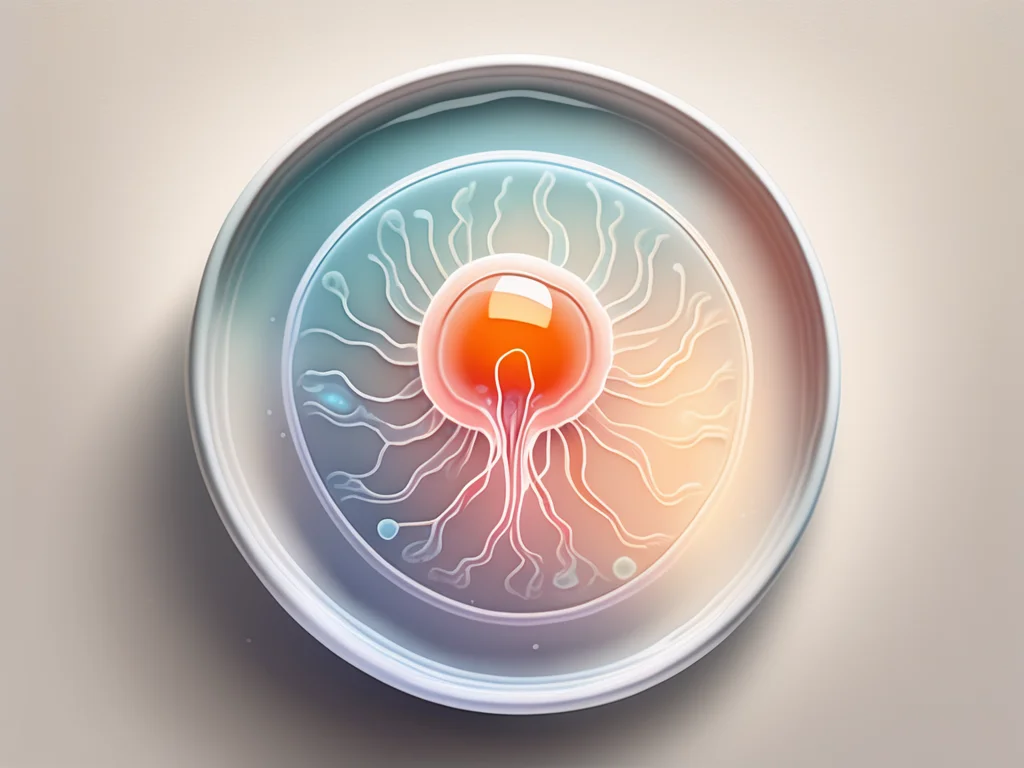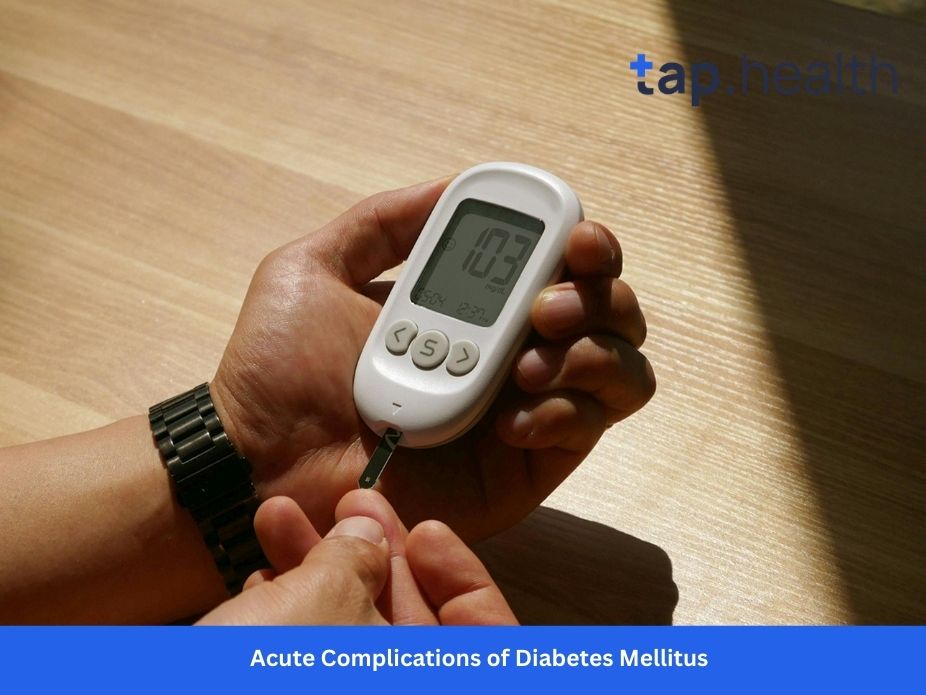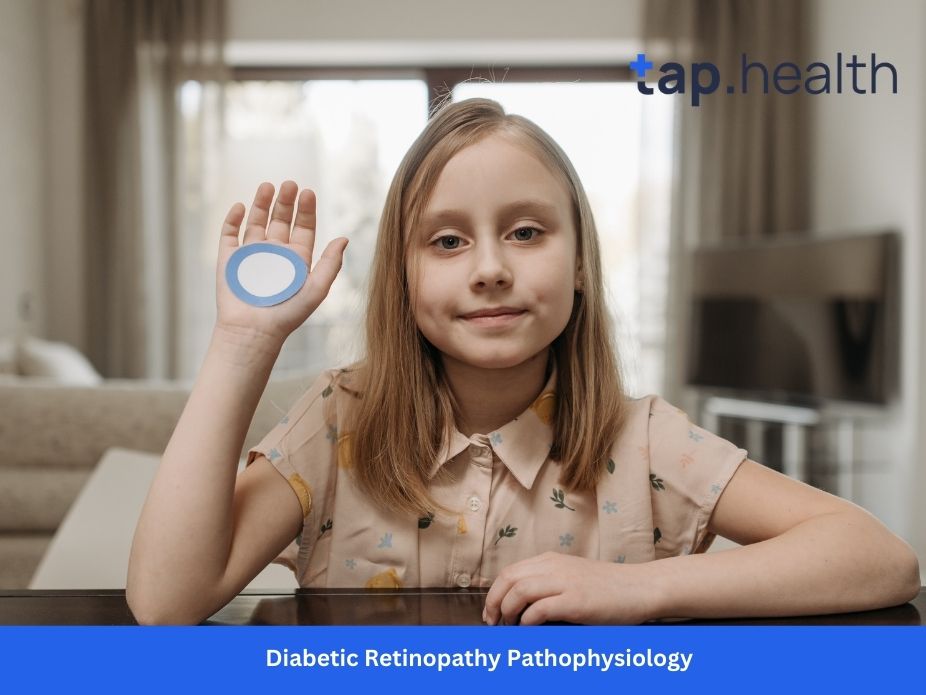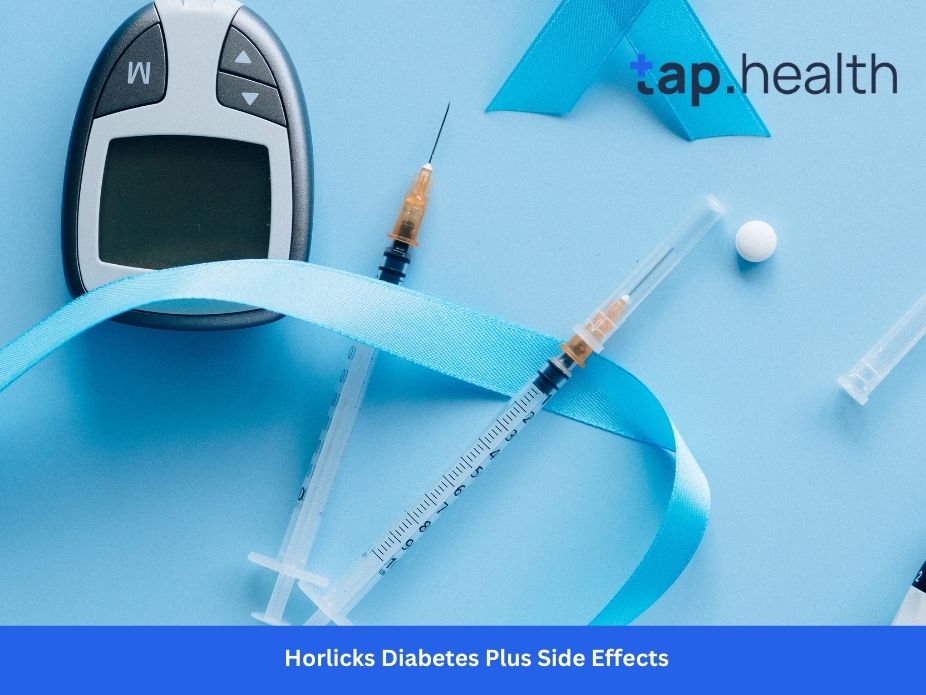Embryo transfer is a pivotal step in the in vitro fertilization (IVF) journey, filled with hope and anticipation. Many individuals expect to feel specific symptoms post-transfer as a sign of success, but what happens when no symptoms appear? Is it normal to feel nothing after embryo transfer? This blog explores the absence of symptoms, why it occurs, and how to navigate this phase with confidence. We’ll address common concerns, provide medical insights, and offer tips for emotional well-being during this critical time.
What Is Embryo Transfer?
Q: What happens during an embryo transfer? Embryo transfer is a key part of the IVF process where embryos, created from eggs and sperm in a lab, are placed into the uterus. This straightforward procedure, typically performed in a fertility clinic, is guided by ultrasound to ensure precise placement. The process is quick, relatively painless, and marks the transition from lab to natural uterine environment. After the transfer, patients rest briefly to optimize implantation conditions.
Q: How are embryos prepared for transfer? Embryos are cultured in a lab for several days, mimicking the female reproductive system’s conditions. Embryologists monitor their development, selecting the most viable ones, often at the blastocyst stage, for transfer due to their higher implantation potential.
Is It Normal to Have No Symptoms After Embryo Transfer?
Q: Why don’t I feel any symptoms after embryo transfer? It’s completely normal for some women to experience no symptoms after embryo transfer. The absence of symptoms does not indicate a failed procedure. Every body responds differently to hormonal changes and fertility treatments, and the lack of noticeable signs doesn’t necessarily mean the embryo hasn’t implanted.
Q: What factors explain the lack of symptoms? Several factors contribute to the absence of symptoms:
- Hormonal Response Variation: Hormones like progesterone, used in IVF, affect individuals differently. Some may experience pronounced symptoms, while others have a milder response.
- Individual Sensitivity: People have varying levels of sensitivity to bodily changes. Some may not notice subtle shifts that others perceive as symptoms.
- External Factors: Stress, diet, and overall health can influence how symptoms manifest. A healthy lifestyle may minimize discomfort, leading to fewer noticeable symptoms.
Q: Do symptoms always indicate pregnancy? No, symptoms like cramping or bloating can be side effects of fertility medications rather than signs of pregnancy. Conversely, a lack of symptoms doesn’t rule out a successful implantation.
Common Symptoms After Embryo Transfer
Q: What symptoms might I experience after embryo transfer? Some women report mild symptoms post-transfer, including:
- Mild Cramping: Often due to the procedure or hormonal shifts.
- Bloating: A common side effect of fertility medications.
- Breast Tenderness: Triggered by increased progesterone levels.
- Fatigue: A result of hormonal changes or emotional stress.
- Implantation Bleeding: Light spotting when the embryo attaches to the uterine wall, sometimes mistaken for a period.
Not everyone experiences these symptoms, and their presence or absence isn’t a definitive indicator of pregnancy success.
Q: Why do some women experience symptoms? Symptoms often stem from hormonal fluctuations caused by fertility drugs. Progesterone, commonly used in IVF, mimics early pregnancy symptoms, leading to physical and emotional changes. Psychological factors, like stress or heightened awareness, can also amplify the perception of symptoms.
Coping with No Symptoms: Emotional and Practical Tips
Q: How can I stay calm if I don’t feel symptoms? The absence of symptoms can spark anxiety, but there are ways to manage this uncertainty:
- Practice Mindfulness: Engage in meditation, yoga, or deep breathing to reduce stress.
- Seek Support: Connect with loved ones, support groups, or online forums for shared experiences.
- Communicate with Your Medical Team: Regular check-ins with your fertility specialist can provide reassurance and clarity.
- Focus on Self-Care: Maintain a balanced diet, stay hydrated, and prioritize rest to support your body.
Q: How can support systems help during this time? Joining fertility-focused support groups or counseling services offers a safe space to share concerns and gain insights from others. Online communities, such as forums on X, can provide real-time encouragement and advice from individuals undergoing similar journeys.
When to Seek Medical Advice
Q: When should I contact my doctor after embryo transfer? While no symptoms are usually not a cause for concern, certain signs warrant immediate medical attention:
- Severe Pain: Intense or persistent pain could indicate complications.
- Heavy Bleeding: Unlike light implantation spotting, heavy bleeding requires evaluation.
- Sudden Weight Gain: May suggest ovarian hyperstimulation syndrome (OHSS).
- Signs of Infection: Fever, chills, or unusual discharge need prompt attention.
Q: Why are regular check-ups important? Scheduled visits with your fertility specialist ensure close monitoring of your progress. These appointments allow for adjustments to treatment plans and provide opportunities to address concerns, ensuring the best chance for a successful outcome.
Personal Stories: No Symptoms, Positive Outcomes
Q: Are there success stories with no symptoms after embryo transfer? Yes, many women report no symptoms post-transfer and still achieve successful pregnancies. These stories, often shared in fertility forums or support groups, highlight the variability of experiences. The absence of symptoms doesn’t equate to failure, and hearing others’ journeys can provide comfort and hope.
Q: How can personal stories help? Reading or sharing experiences fosters a sense of community, reducing feelings of isolation. Platforms like X allow users to connect with others, offering reassurance that symptom-free periods are common and don’t necessarily predict outcomes.
Maintaining Emotional Well-Being During the Wait
Q: How can I manage anxiety during the post-transfer period? The two-week wait after embryo transfer can be emotionally taxing. To cope:
- Limit Symptom Checking: Obsessing over bodily changes can heighten anxiety. Focus on activities that bring joy.
- Engage in Hobbies: Creative outlets like journaling or art can distract from uncertainty.
- Lean on Loved Ones: Open conversations with partners or friends provide emotional grounding.
- Consider Professional Support: A therapist specializing in fertility issues can offer tailored coping strategies.
Q: What resources are available for emotional support? Fertility-specific counseling, online forums, and support groups are invaluable. Websites like x.ai or fertility clinic resources can guide you to local or virtual communities. Engaging with others who understand the IVF journey can make the process feel less overwhelming.
Key Takeaways for Navigating No Symptoms Post-Transfer
Experiencing no symptoms after embryo transfer is normal and doesn’t indicate the success or failure of the procedure. Hormonal responses, individual sensitivity, and lifestyle factors all play a role in how symptoms manifest. While some women experience mild cramping or spotting, others feel nothing, and both scenarios can lead to positive outcomes. Regular communication with your fertility team, coupled with self-care and emotional support, is crucial during this time. By staying informed and connected, you can navigate the post-transfer period with confidence and hope.



